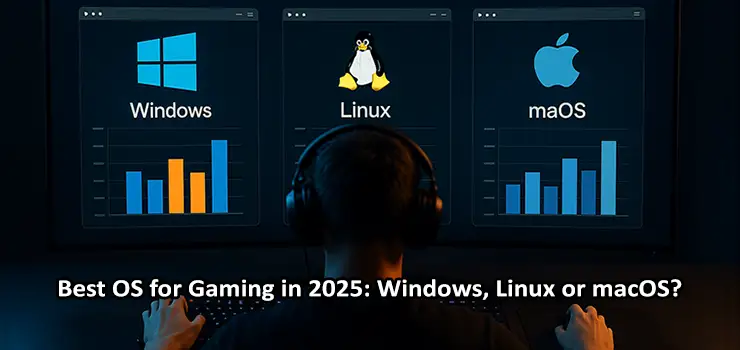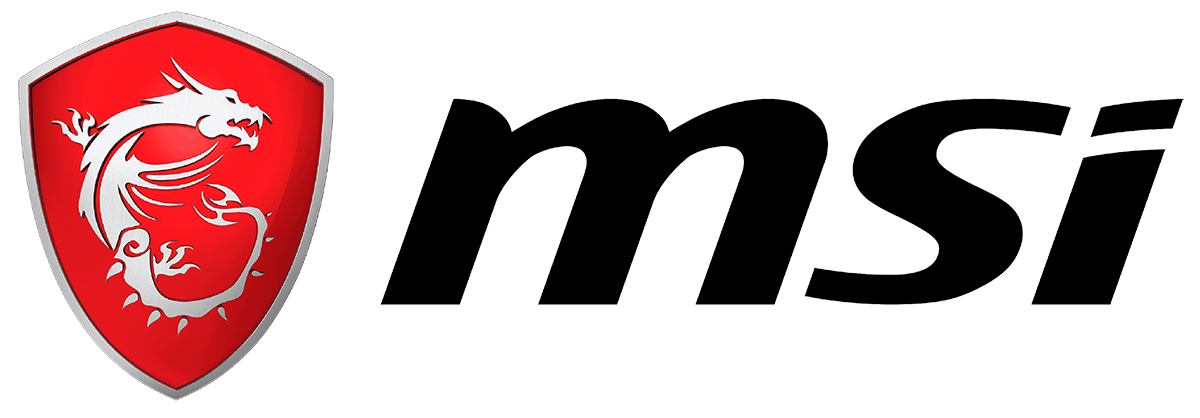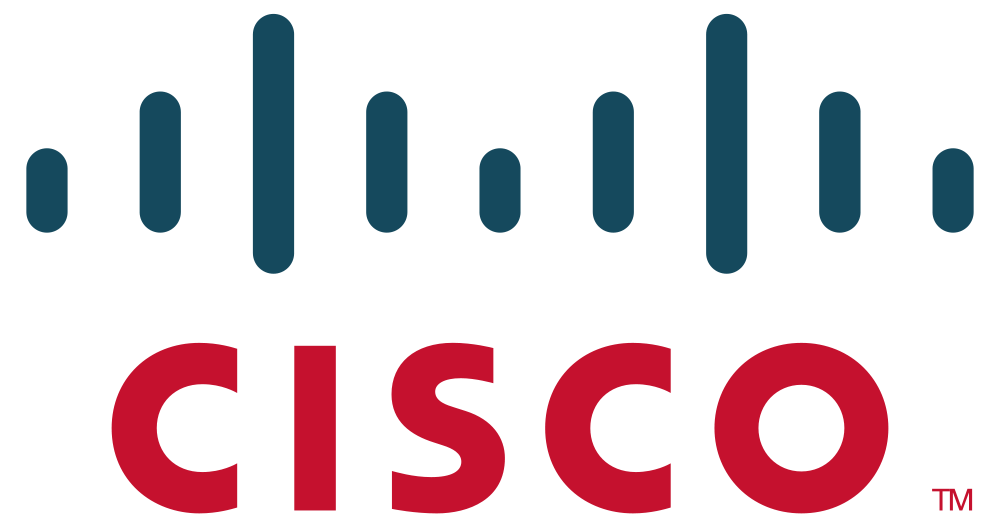In the ever-evolving world of PC gaming, choosing the best OS for gaming is more critical than ever in 2025. With powerful GPUs, multi-core CPUs, and immersive experiences like ray tracing and VR becoming mainstream, your operating system is no longer just a background platform. It directly impacts frame rates, compatibility, latency, driver support, and overall gameplay smoothness.
This article will explore Windows, Linux, and macOS to determine which is truly the best OS for gaming in 2025—based on performance, compatibility, community support, and user experience.
OS for Gaming: Key Factors to Consider
When comparing operating systems for gaming, these core factors matter most:
- Game Compatibility: Does the OS support a wide range of popular titles?
- Performance: How well does it handle GPU/CPU intensive tasks?
- Driver Support: Are GPU drivers up-to-date and optimized?
- Multiplayer & Anti-Cheat Compatibility: Many online games have issues on certain OS platforms.
- Ease of Use: Gamers want to play, not troubleshoot.
- Modding & Community Tools: Essential for many PC gamers.
Let’s break down how each OS for gaming performs in these categories.
Windows 11: The King of Gaming in 2025?
Broad Game Compatibility
Windows 11 continues to dominate the gaming market in 2025 due to its near-universal game support. Whether you’re launching the latest AAA title from Steam or an indie gem on GOG, Windows ensures maximum compatibility.
DirectX 12 Ultimate & Game Mode
Windows offers DirectX 12 Ultimate, enabling ray tracing, variable rate shading, and mesh shaders. Its built-in Game Mode allocates system resources efficiently, boosting performance during intensive sessions.
Driver Support
Thanks to strong partnerships with NVIDIA, AMD, and Intel, Windows has the fastest and most stable GPU driver updates. Features like DLSS 3.5 and AMD FSR 3 are supported natively.
Downsides
- Telemetry & Privacy Concerns: Windows 11 still collects user data unless tweaked manually.
- Bloatware: Pre-installed apps can clutter the system.
- Resource Usage: Heavier on RAM compared to Linux.
Verdict: If you want the most seamless experience, Windows 11 remains the top OS for gaming.
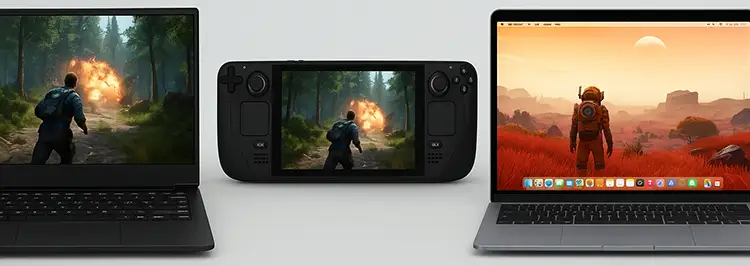
Linux: The Rising Star for Gamers
Proton & Steam Deck Influence
With the growth of Steam Deck and the Proton compatibility layer, Linux is now a viable OS for gaming. You can play thousands of Windows-only titles on Linux through Proton or Wine with minimal performance loss.
Performance Advantages
Many gamers report better frame consistency and lower CPU usage on Linux, especially for Vulkan-based games. Distributions like Pop!_OS, Ubuntu, and Manjaro are gamer-friendly and optimized for gaming out of the box.
Open-Source Power
Linux offers unmatched customization, security, and zero bloatware. You control every aspect of your system.
Downsides
- Anti-Cheat Compatibility: Titles like Valorant and Fortnite struggle on Linux due to kernel-level anti-cheat.
- Initial Learning Curve: Not beginner-friendly if you’re unfamiliar with terminal commands.
- Peripheral Support: Fewer gaming peripherals have full driver support compared to Windows.
Verdict: For experienced users who value performance and control, Linux is an exciting OS for gaming in 2025—but not without compromises.
macOS Sonoma: Stylish but Limited
Apple Silicon and Gaming
Apple’s move to M1, M2, and now M3 chips has improved graphical performance significantly. macOS Sonoma brings better Metal API support and optimized performance for native Apple Silicon games.
Native Titles
Some big names like Resident Evil Village, No Man’s Sky, and Death Stranding have macOS versions. Apple also launched Game Porting Toolkit, enabling developers to port Windows games faster.
Disadvantages
- Low Game Availability: The biggest downside—most AAA titles don’t release for macOS.
- Limited GPU Options: You’re stuck with Apple’s integrated graphics (no NVIDIA/AMD support).
- Poor Modding Support: Modding communities and tools are scarce.
Verdict: While beautiful and powerful for creatives, macOS is not the ideal OS for gaming—unless your library only includes native or cloud-based games.
Gaming Benchmarks Comparison (2025)
| Game Title | Windows 11 (FPS) | Linux (FPS) | macOS (FPS) |
|---|---|---|---|
| Cyberpunk 2077 | 125 | 110 (via Proton) | N/A |
| Elden Ring | 115 | 98 | N/A |
| Dota 2 | 175 | 185 | 90 |
| CS2 | 240 | 230 | N/A |
| Baldur’s Gate 3 | 140 | 130 | 75 |
All tests on equivalent hardware with RTX 4080 GPU or Apple M3 Max for macOS.
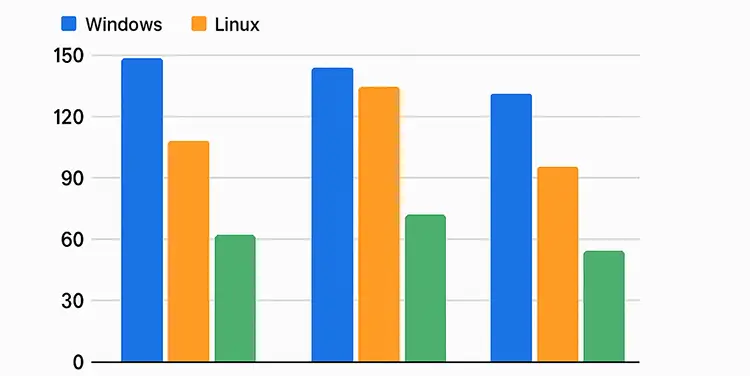
OS for Gaming: What About Cloud Gaming?
In 2025, cloud gaming is more popular than ever. Platforms like NVIDIA GeForce NOW, Xbox Cloud, and Shadow PC allow you to stream games on any OS—whether it’s Windows, Linux, or macOS.
So, does the OS for gaming matter in a cloud-first world?
Yes, but less than before. If you have fast internet and only play via the cloud, the choice of OS becomes secondary. However, for local gaming, your OS still heavily impacts your experience.
For Competitive Gamers
If you play esports titles like Valorant, CS2, or Apex Legends, you need:
- The highest FPS
- Lowest latency
- Best anti-cheat support
➡️ Best OS for gaming here: Windows 11
Linux often blocks anti-cheat. macOS doesn’t support most of these games.
For Indie and Retro Gaming
If you’re into open-source games, emulators, and indie titles:
- You want customizability
- Lightweight OS
- Easy access to emulation
➡️ Best OS for gaming here: Linux
Proton makes it viable, and emulation on Linux is top-tier.
For Casual Gamers and Creators
If you’re a designer who occasionally games:
- You prefer a premium device
- Play casual or native Mac games
➡️ Best OS for gaming here: macOS Sonoma
You’re limited, but for basic gaming needs it’s polished and stable.
OS for Gaming in 2025: Summary Table
| Feature | Windows 11 | Linux | macOS Sonoma |
|---|---|---|---|
| Game Compatibility | ★★★★★ | ★★★★☆ | ★★☆☆☆ |
| Performance | ★★★★★ | ★★★★☆ | ★★★☆☆ |
| Driver Support | ★★★★★ | ★★★☆☆ | ★★★☆☆ |
| Ease of Use | ★★★★★ | ★★★☆☆ | ★★★★★ |
| Community & Mods | ★★★★★ | ★★★★☆ | ★★☆☆☆ |
| Cloud Gaming Compatibility | ★★★★★ | ★★★★★ | ★★★★★ |
| Anti-Cheat Support | ★★★★★ | ★★☆☆☆ | ★☆☆☆☆ |
Frequently Asked Questions (FAQ)
1. Which OS is best for gaming overall?
Windows 11 remains the best all-around OS for gaming due to compatibility and performance.
2. Is Linux good for gaming in 2025?
Yes, Linux is a strong alternative thanks to Proton, but some anti-cheat and multiplayer issues remain.
3. Can you play Steam games on macOS?
Only a limited selection. Most AAA titles are Windows-only.
4. Do games run faster on Linux?
Sometimes. Especially Vulkan-optimized games, but driver support may lag behind.
5. Is Windows 10 still good for gaming?
Still usable, but Windows 11 has better optimization for modern hardware.
6. What’s the most lightweight OS for gaming?
Linux, especially distros like Pop!_OS or Manjaro Gaming Edition.
7. Can I dual boot Windows and Linux for gaming?
Absolutely. Many gamers dual boot for flexibility.
8. Is macOS getting more games in the future?
Yes, slowly. Apple’s Game Porting Toolkit shows promise, but it’s not there yet.
9. Can I use cloud gaming on any OS?
Yes. Cloud platforms like GeForce NOW work on all modern OSs.
10. What OS do pro gamers use?
Almost all professional gamers use Windows due to performance and compatibility.
Final Verdict: Which is the Best OS for Gaming in 2025?
The answer depends on who you are and how you play:
- For competitive and casual mainstream gaming – go with Windows 11
- For tech-savvy gamers who love customization – try Linux
- For designers or Apple fans who game occasionally – macOS may be enough
That said, in 2025, Windows still holds the crown as the best OS for gaming, but Linux is rapidly catching up—and macOS, while sleek, still lags behind in game support.





